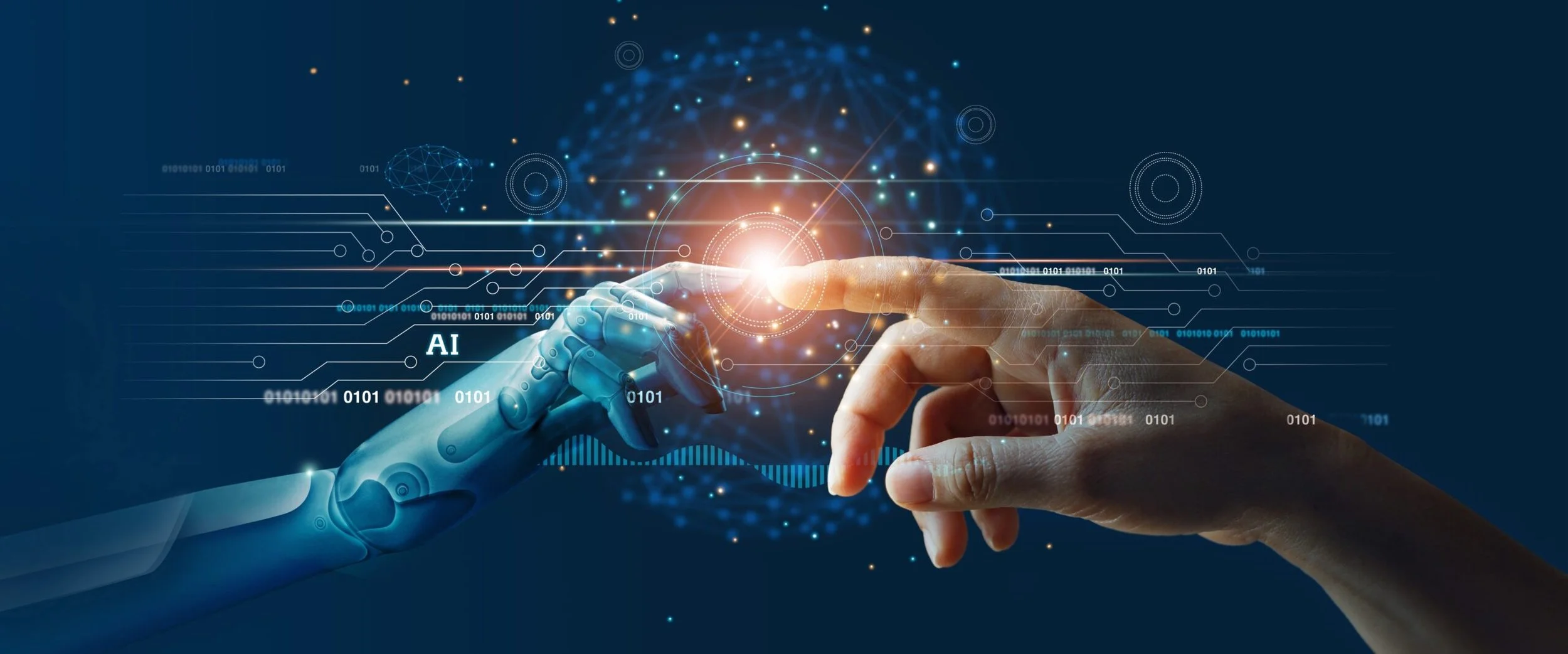Dear Saints,
By now it’s a surprise to no one that AI is here to stay and, in many ways, dominate our age. This past Tuesday, for example, the CEO of OpenAI announced that in a few weeks, the company will launch a new version of ChatGPT “that allows people to have a personality that behaves more like what people liked about 4o (we hope it will be better!). If you want your ChatGPT to respond in a very human-like way, or use a ton of emoji, or act like a friend, ChatGPT should do it.”
Without a doubt, artificial intelligence has already changed the world for the better and will continue to do so at lightning speed. It has the power to democratize education, enhance quality of life for billions, and revolutionize countless business segments. But even as we harness its possibilities for good, it’s crucial that we recognize its limitations. ChatGPT may soon be able to “act like a friend,” but it can never be a friend. And it may “respond in a very human-like way,” but it can never be human.
It’s a theme that’s been explored by countless films and works of fiction: because it is so powerful and person-like, technology can fool people into believing it offers real relationship. The more life-like AI becomes, the greater that temptation will be, especially for young people, leaving them in an essentially artificial existence. Fortunately, the answer to that danger is what it always has been. The more truly human we become, the more we can offer anyone we encounter - young and old alike - the genuine, loving relationship every human craves.
Christ’s Peace,
Father Daniel
δοῦλος Χριστοῦ Ἰησοῦ

